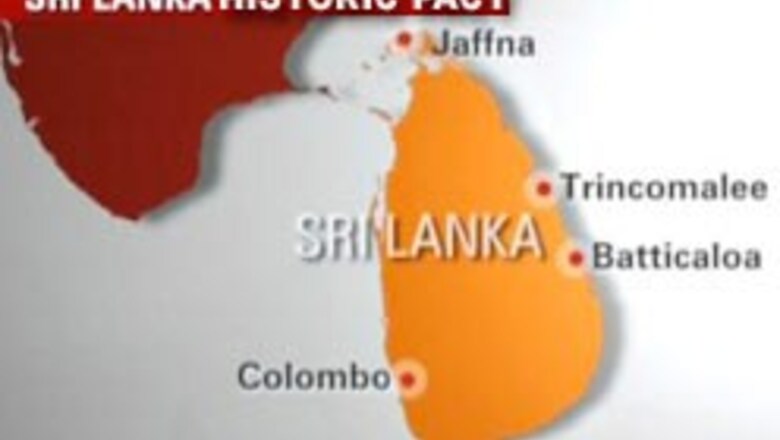
views
New Delhi: India is happy but not overtly jubilant over a historic pact Sri Lanka's two main political parties have signed in a long-term bid to resolve the country's seemingly unending ethnic conflict.
The Indian assessment is that the memorandum of understanding (MoU) signed by the ruling Sri Lanka Freedom Party (SLFP) and the main opposition United National Party (UNP) Monday to cooperate on key national issues is indeed crucial, but it needs to be watched what and where it leads to.
The unprecedented agreement would prove to be truly path-breaking only if – and policy makers emphasize it is no small if – it helps in an ultimate resolution of an ethnic conflict that has bled Sri Lanka besides claiming over 65,000 lives since 1983.
The two-year accord covers four major grounds: conflict in the north and east, electoral reforms, good governance and social development.
Ever since Colombo signed a Norway-brokered ceasefire agreement in 2002 with the Liberation Tigers of Tamil Eelam (LTTE), India has been repeatedly emphasizing to the Sri Lankan political leaders the necessity to put aside petty differences and team up on the burning ethnic issue.
Almost every time Prime Minister Manmohan Singh and external affairs ministry officials have interacted with their counterparts in Sri Lanka, the message has been time and again repeated, almost like a mantra.
The last time this happened was in Havana in September when Manmohan Singh held discussions with Sri Lankan President Mahinda Rajapakse on the sidelines of the summit of non-aligned nations.
This is because a feeling has gained ground not just among Tamils but also in the international community that no solution to the ethnic conflict will ever come about until the SLFP and UNP push forward a solution jointly, instead of tripping each other depending on who is in power and who occupies the opposition benches.
The Indian establishment feels that the SLFP-UNP pact would prove beneficial to Sri Lanka even if it results in their genuine cooperation on any of the issues covered by the agreement and not just the ethnic conflict.
But almost everyone here underlines that the pact is just a good political beginning and that Sri Lanka's road to peace is going to be long and tortuous even with the backing of the international community.
Ultimately, whatever the SLFP and the UNP agree to in terms of devolution of powers should be acceptable and tempting enough for the world to say that it indeed compensates in some measure at least for the death and destruction of the past quarter century.
And that would be tricky since many in the Sri Lankan political and military establishments are bitterly opposed to any concessions to the Tamil minority, fearing that any power sharing or devolution would one day result in separation.
In any case, the LTTE, whose military capabilities have forced the Sri Lankan rulers to come down from their high pedestal, is most unlikely to accept any solution that falls far short of anything that can be an ideal alternative to an independent state - assuming that stage is reached some day.
After the agreement was signed in Colombo Monday, President Rajapakse made a reference to India in a public statement: "With this agreement, we are not only moving to a new beginning in Sri Lanka but also setting an example in the politics of South Asia. We are moving in a new direction of political understanding and consensus, as seen in India and other countries."













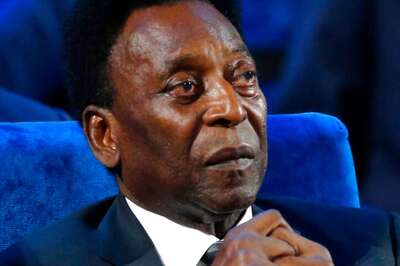

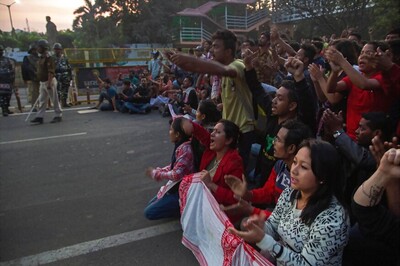
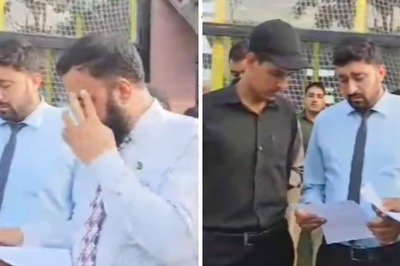
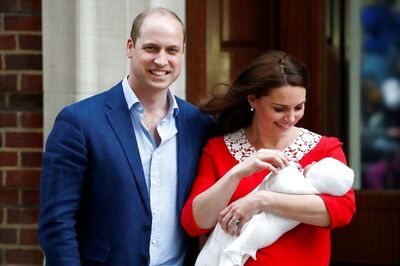
Comments
0 comment